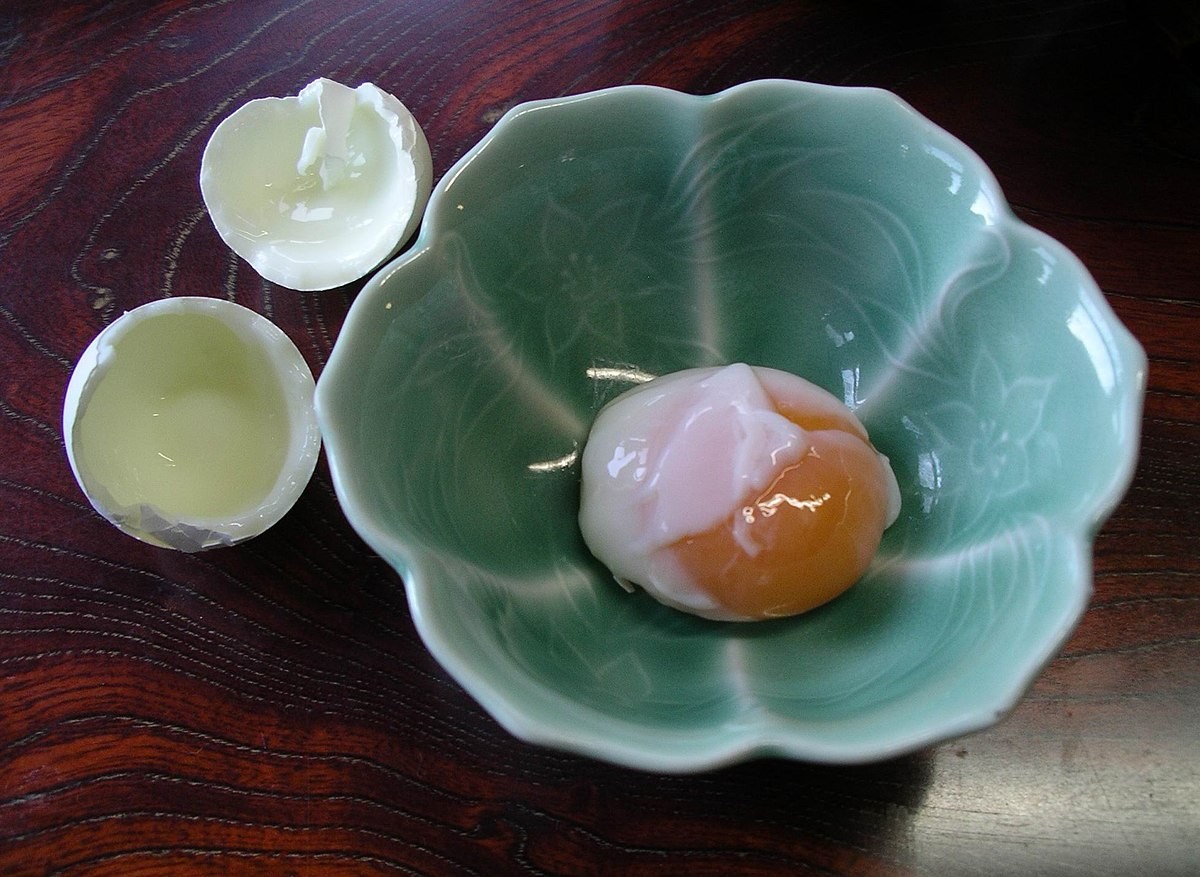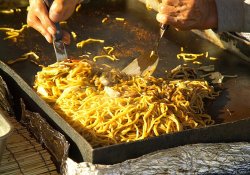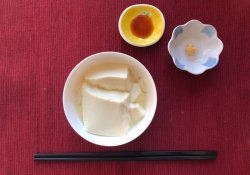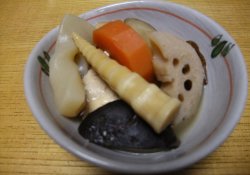Onsen Tamago Eggs Recipes and curiosities
On this page you will learn the recipe and some information about the Japanese dish Onsen Tamago Eggs Also known as Onsen Tamago.
Table of Content - About - Origin - Information - Ingredients - Preparation - Related
All about Onsen Tamago
Onsen tamago is a Japanese dish that consists of eggs cooked in natural hot water, known as thermal spring water, or "onsen" in Japanese.
The preparation of onsen tamago begins with the choice of eggs, which should be fresh and of good quality. Then they are placed in a basket or bamboo support and immersed in the hot water from a thermal source for about 40 minutes. The water temperature is carefully controlled to ensure that the eggs cook slowly and uniformly.
After the specified time, the eggs are removed from the water and placed in a bowl with cold water to stop the cooking process. Then they are peeled and served whole or cut in half, revealing a cream-colored yellow and a clear soft and delicate.
Onsen tamago can be served as an accompaniment to various dishes, such as the popular ramen, or as an aperitif, accompanied by sauces such as shoyu and wasabi.
This dish is appreciated for its simplicity and delicate taste, as well as being considered a healthy and nutritious food. The eggs cooked in thermal water are rich in minerals and proteins, being a great option for those seeking a balanced diet.
In addition, onsen tamago is a dish that reflects the Japanese culture of valuing nature and its resources. The hot water from the thermal springs is considered sacred and has therapeutic properties, being used not only for cooking, but also for relaxing baths and health treatments.
In short, onsen tamago is a simple dish, but it carries with it a whole Japanese tradition and technique. Its unique taste and its connection with nature make it a unique and unmistakable gastronomic experience for those who visit Japan.

Origin and history of Onsen Tamago ovos
Onsen tamago is a typical dish of Japanese cuisine, consisting of eggs cooked in natural hot water from thermal springs, known as onsen. It is believed that the origin of this dish dates back to the Edo era, when travelers visiting the thermal springs cooked eggs in hot waters to enjoy their meal. Over time, onsen tamago has become a popular dish throughout Japan and is often served in ryokans (traditional Japanese lounges) as part of a traditional breakfast. In addition to being a delight for the taste, onsenago tamago is also considered a healthy and nutritious food.About the recipe
- Name of the plate: Onsen Tamago Eggs
- Name of the dish in English: Onsen tamago eggs
- Name of the plate in Japanese: 温泉卵
- Name of the Romanian dish: Onsen Tamago
Information about preparation
- Time to prepare: 10 minutes
- Time of Cooking: 30 minutes
- Difficulty: SIMPLE
- It suits: 1 people
- Occasions:
Ingredients – Ingredients
Check out the necessary and optional ingredients Onsen Tamago EggsIt makes sense to improvise
- 1 egg
- 1 tablespoon of light soy sauce
- 1 cup of Mirin soup
- 1 teaspoon of Dashi powder
- Optional ingredients: crushed onions, algae flocks or sardines to decorate
Watch a video of the recipe:
Recipes - How to Prepare
Now that you know the ingredients to make the recipe Onsen Tamago Eggs. Follow the instructions below in the preparation mode or step by step.
Method
Remove the eggs from the refrigerator.
Remove the egg or egg from the refrigerator in advance and let it return to room temperature. It is recommended to do this at least 30 minutes before.
Boil 1 liter of water in a pot:
Fill a pot with 1L of water and let it boil. When the water reaches the boiling point, add 1 cup of cold water and turn off the fire.
Put the eggs in the pan:
Carefully add the eggs to the pot one by one, using a spoonful or shell. Cover with the lid and let rest for approximately 30 minutes.
Prepare the sauce:
While the eggs rest, let’s prepare the sauce. In a separate pot, take 100 ml of water to boil. Add 1 teaspoon of Dashi powder, 1 teaspoon of light soy sauce and 1 teaspoon of mirin. Cook for about 1 to 2 minutes. Leave to cool a little and serve with the eggs.



